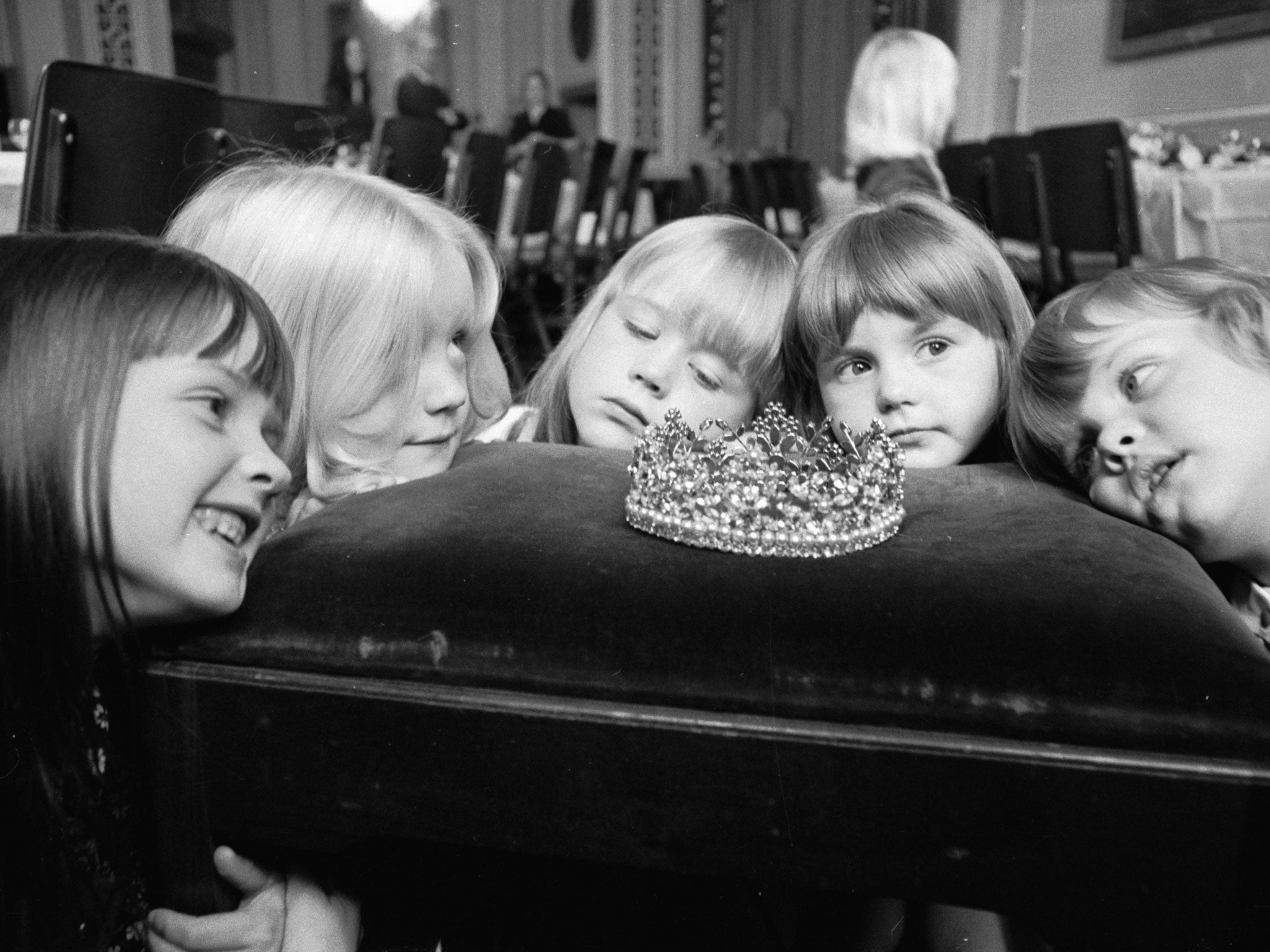Children of '60s and '70s will be worse off than their parents when they retire
Only those who get an inheritance will enjoy better living standards

People born in the 1960s and 1970s will be better off in retirement than their parents only if they receive an inheritance from them, according to new research.
The Institute for Fiscal Studies (IFS) warned that the trend under which each generation since the Second World War has enjoyed higher incomes and living standards than the previous one “may be coming to an end”. The reliance on an inheritance means that wealth is likely to remain in the same families, entrenching the divide between the “haves” and “have nots”.
Researchers found that people born in the 1960s and 1970s do not enjoy higher take-home income than those born a decade earlier; have saved no more of their previous income; are less likely to own a home; probably have less private pension wealth and will find that their state pensions are worth a smaller proportion of their previous earnings.
The “60s and 70s” children did enjoy higher incomes in early adulthood but spent the extra money rather than save it, according to the IFS.
Andrew Hood, a research economist at IFS and an author of the report, said: “Since the Second World War, successive cohorts have enjoyed higher incomes and living standards than their parents. Yet the incomes and wealth of those born in the 1960s and 1970s look no higher than the cohorts who came before them.
“As a result, younger cohorts are likely to have to rely on inheritances to be better off in retirement than their predecessors.”
Expectations among people born in the 60s and 70s of having an inheritance are much greater than among previous generations. Some 28 per cent of those born in the 1940s have received or expect to receive inherited wealth, compared to 70 per cent of those born in the late 1970s.
The IFS said: “All in all, this suggests that the long-term fortunes of younger generations may be more tied to the wealth of their parents than has been the case for those already at, or close to, the state pension age. Those not fortunate enough to expect a significant inheritance look likely to be worse off in older age than current, and soon-to-be, retirees.”
People born in the 1970s are taking much longer to get on the housing ladder than previous generations. And changes to pensions, including the plan for a single-tier basic state pension, will leave the children of the 60s and 70 with less income in proportion to their previous earnings than people now above or around the retirement age – especially for higher earners. The rapid switch away from final salary schemes in the private sector will also affect younger people.
The report says that not all the trends are due to the squeeze on earnings in the past decade. It suggests further research into why the “60s and 70s” children spent all, and saved none, of the additional income that they had in young adulthood when compared to their predecessors.
Pensions: taking out what you put in
Q: Why won’t I be better off than my parents in retirement if I was born in the ’60s or ’70s?
A: The key reason is the disappearance of gold-plated pensions linked to final salary schemes. Most people born in the ’60s and ’70s will retire with a pension pot based on how much they’ve put in, linked to how well the stock market has done. Parents’ pensions were linked to their final salary with many getting two-thirds of their last pay packet.
Q: What can be done about it?
A: In simple terms a pension is a savings scheme, building up a nest egg for you to use when you retire. The bigger the nest egg the higher the retirement income.
Q: So I just need to save more?
A: You need to save enough for the retirement income you think you need. If you want £20,000 a year, for instance, you’ll probably need to have saved around £300,000.
Join our commenting forum
Join thought-provoking conversations, follow other Independent readers and see their replies
Comments